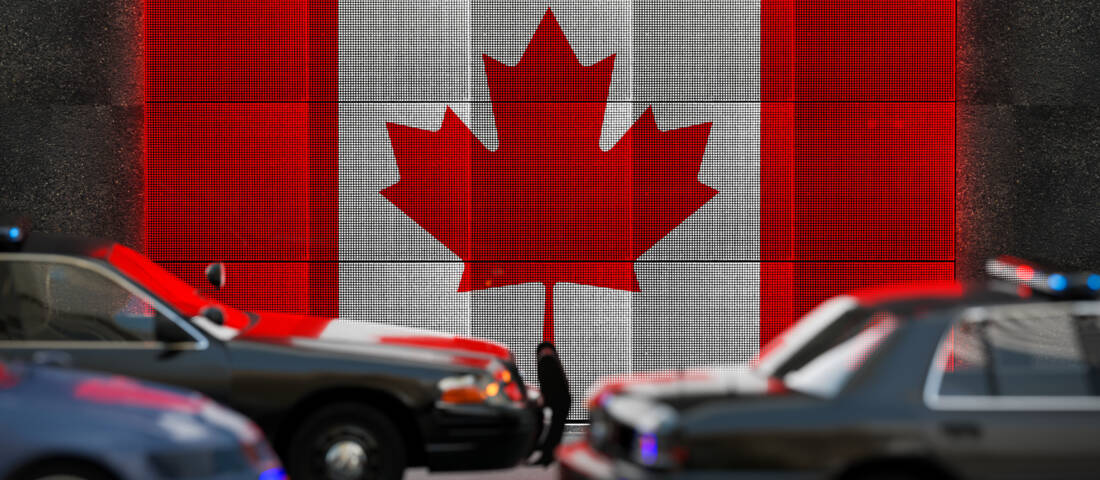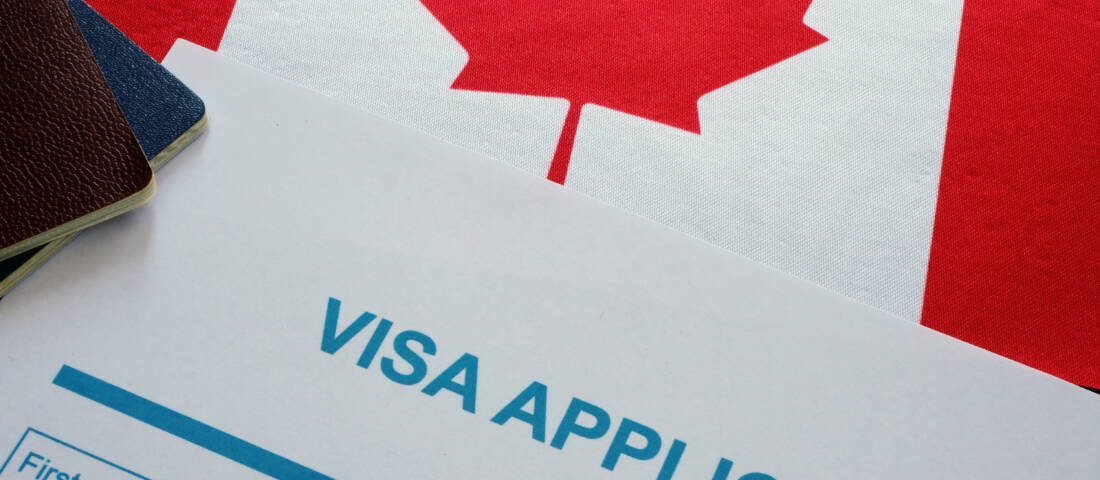Pre-Removal Risk Assessments in Canada (What You Need to Know in 2025)
- Pre-Removal Risk Assessment is a last-chance review process to determine if someone would face danger or persecution if deported from Canada.
- Eligibility depends on your immigration history and how recently you were refused refugee protection.
- New legislation in 2025 may narrow eligibility and shorten timelines, which means faster removals for some and more urgency to act for others.
What Is a Pre-Removal Risk Assessment?
A Pre-Removal Risk Assessment (PRRA) is a critical process in Canadian immigration law that provides a final opportunity for individuals facing removal to prove that returning to their home country would place them at risk of persecution, torture or cruel and unusual treatment. It’s not the same as a refugee claim, but it serves a similar protective function when all other options have been exhausted.
The PRRA is conducted by Immigration, Refugees and Citizenship Canada (IRCC) and is based on written submissions and documentation. No in-person hearing is held unless your case is exceptionally complex.
Who Is Eligible for a Pre-Removal Risk Assessment in Canada?
Not everyone facing removal from Canada can apply for a PRRA. Eligibility is determined based on timing, previous applications and your immigration history.
Generally, you may be eligible for a PRRA if you’ve received a removal order and are scheduled to be deported, but believe your return would place you at serious risk.
However, if you've already made a refugee claim or a previous PRRA application, you may face a waiting period (typically 12 months) before becoming eligible again, unless conditions in your home country have significantly changed.
People from certain countries may also be temporarily barred from applying if Canada deems those countries to be generally safe. For example, you can’t claim asylum in Canada after living illegally in the United States.
That said, individual circumstances are always considered, especially if new evidence shows that your situation has become more dangerous.
How the Pre-Removal Risk Assessment Process Works
The Pre-Removal Risk Assessment process begins with a written application submitted to IRCC. This is not a hearing. Your risk is assessed based on the documentation you provide, so every detail counts.
You’ll need to submit evidence that supports your claim that returning to your country poses a serious threat. This might include news reports, human rights documentation, medical records or affidavits. The focus is on whether you face risks such as torture, persecution or danger to your life due to war or systemic violence.
A PRRA officer will review your file and make a decision. While you may not get a formal interview, the officer may contact you if more information is needed.
If approved, you may be allowed to stay in Canada as a protected person. If denied, removal proceedings typically continue, though legal remedies may still be available.
What Changed in 2025 for PRRA Applicants
Canada’s pre-removal risk assessment process has always been shaped by the evolving landscape of global migration and domestic policy. In 2025, several policy key changes were introduced that affect how applicants move through the system and what rights they have along the way.
These updates are designed to modernize the process, reduce backlogs and align with broader enforcement goals under new legislative proposals. If you or someone you know may be eligible for a PRRA, understanding these changes is essential for making timely and informed decisions.
Strong Borders Act Threatens to Shift New Claimants Into PRRA
The proposed Strong Borders Act could significantly alter Canada’s refugee determination system. Among the most controversial changes is a provision to deny refugee hearings to individuals who have been in Canada for more than a year (as of June 2020), redirecting them into the PRRA system instead.
This shift is impactful because PRRA approvals are far less common than IRB hearings — historically around 30 percent compared to 60 percent for refugee claims. Additionally, the bill proposes eliminating the 14-day grace period currently available to asylum seekers who enter Canada from the United States, making it harder to submit a claim upon entry.
These changes are designed to increase border enforcement and speed up removals, but they also raise serious concerns about fairness and due process. If passed, the Strong Borders Act would make timely legal advice and strategic action more important than ever for those seeking protection in Canada.
Implied Consent for Virtual Hearings
In April 2025, IRCC updated its policy to assume that PRRA applicants consent to remote virtual hearings. This means individuals no longer need to submit written consent to participate in virtual proceedings. The change aims to streamline scheduling and reduce administrative delays.
Applicants still have the option to request an in-person hearing or to appear in person at a regional office for a virtual session. However, on-site virtual hearings are no longer treated as a special accommodation, making this format the new norm.
For those concerned about accessibility or fairness, it’s crucial to voice any preferences early in the process to ensure the hearing format aligns with their needs.
How to Navigate These Changes With Confidence
With recent shifts in policy and proposed legislation like the Strong Borders Act, navigating Canada's refugee system has become more complex and more urgent. For those facing potential removal or uncertain status, understanding your legal options is critical.
Start by acting early. Delays can close doors, especially if you’re now being redirected to a PRRA process instead of a full refugee hearing. The window to gather evidence, consult an immigration lawyer and submit a strong application is narrow and the criteria are strict.
Documentation is key. Whether it’s proof of risk in your home country, medical reports or personal statements, well-prepared submissions are more likely to succeed. Working with an experienced immigration lawyer can ensure your file meets the necessary legal thresholds and avoids the pitfalls that commonly lead to refusal.
Finally, don’t wait for a removal order to seek help. The sooner you understand your options, the more choices you’ll have. Whether through legal advocacy, humanitarian applications or appeals, the path to safety and status in Canada is still possible with the right strategy and support.
Key Differences Between PRRA and Refugee Hearings
While both the Pre-Removal Risk Assessment (PRRA) and refugee hearings aim to protect individuals facing serious harm, they operate very differently and those differences can shape your chances of staying in Canada.
1. Who decides your case
Refugee hearings are overseen by the Immigration and Refugee Board (IRB), an independent tribunal that reviews evidence, hears testimony and issues decisions. In contrast, PRRA decisions are made by immigration officers within IRCC, often without a full hearing.
2. Ability to testify
In a refugee hearing, you usually appear before a decision-maker and can tell your story directly. This live testimony helps clarify your case and answer questions. With a PRRA, your application is primarily paper-based. You submit written evidence and in most cases, you don’t get the chance to appear in person.
3. Type of evidence allowed
Refugee hearings typically allow a broader range of evidence, including past persecution and risk of future harm. PRRAs are more limited, as they focus mainly on new evidence or changes in country conditions that weren’t available when your last decision was made.
4. Success rates
Historically, the approval rate for refugee claims is higher, often around 60 percent, compared to roughly 30 percent for PRRA applications. This is partly due to the stricter criteria and more limited format of the PRRA.
Make the Most of Your Last Chance for Protection
A Pre-Removal Risk Assessment may be the final step in your fight to stay in Canada, but it doesn’t have to be the end of your story. With timelines tightening and new legislation reshaping eligibility, this is not a moment to go it alone.
At Ackah Business Immigration Law, we bring clarity to complex cases. Our team understands the high stakes involved in PRRA decisions and works closely with you to build the strongest possible submission. From gathering powerful evidence to navigating procedural changes, we’re here to advocate for your safety and your future.
If you or someone you know is facing removal or uncertain status, now is the time to act. Book a call with one of our client engagement coordinators who are ready to help you take the next step with confidence.








